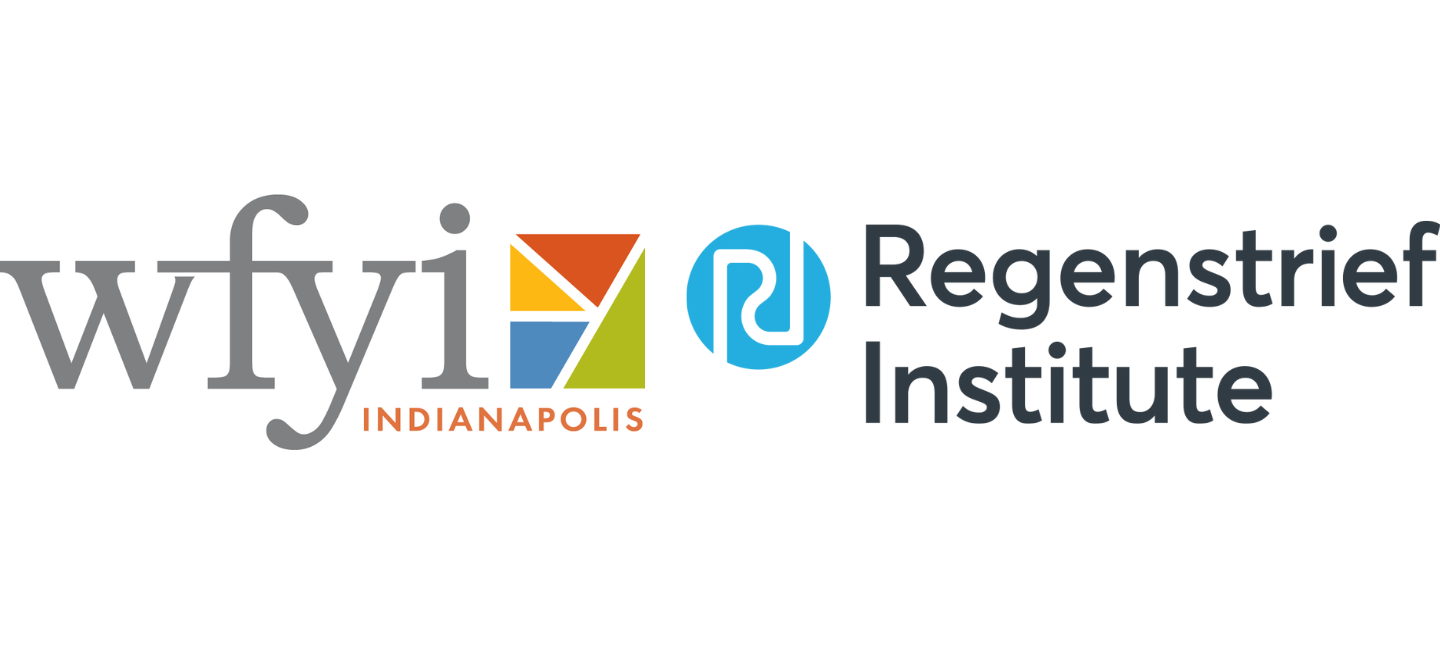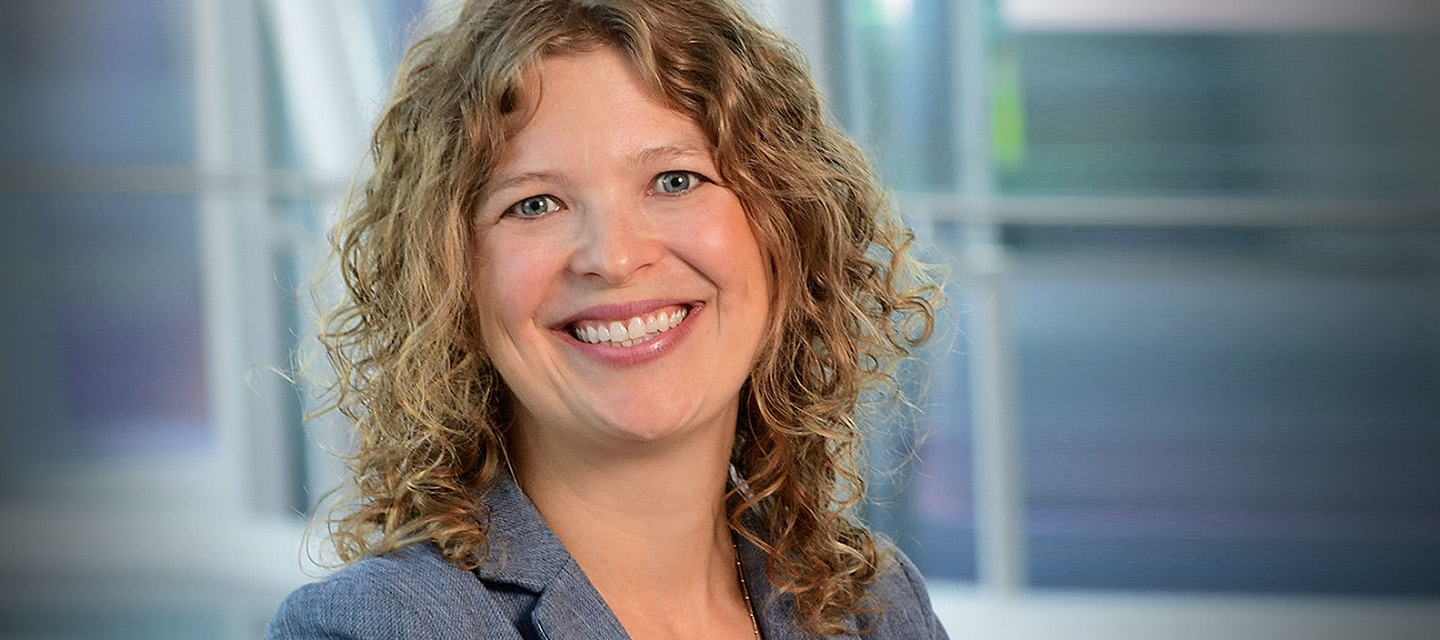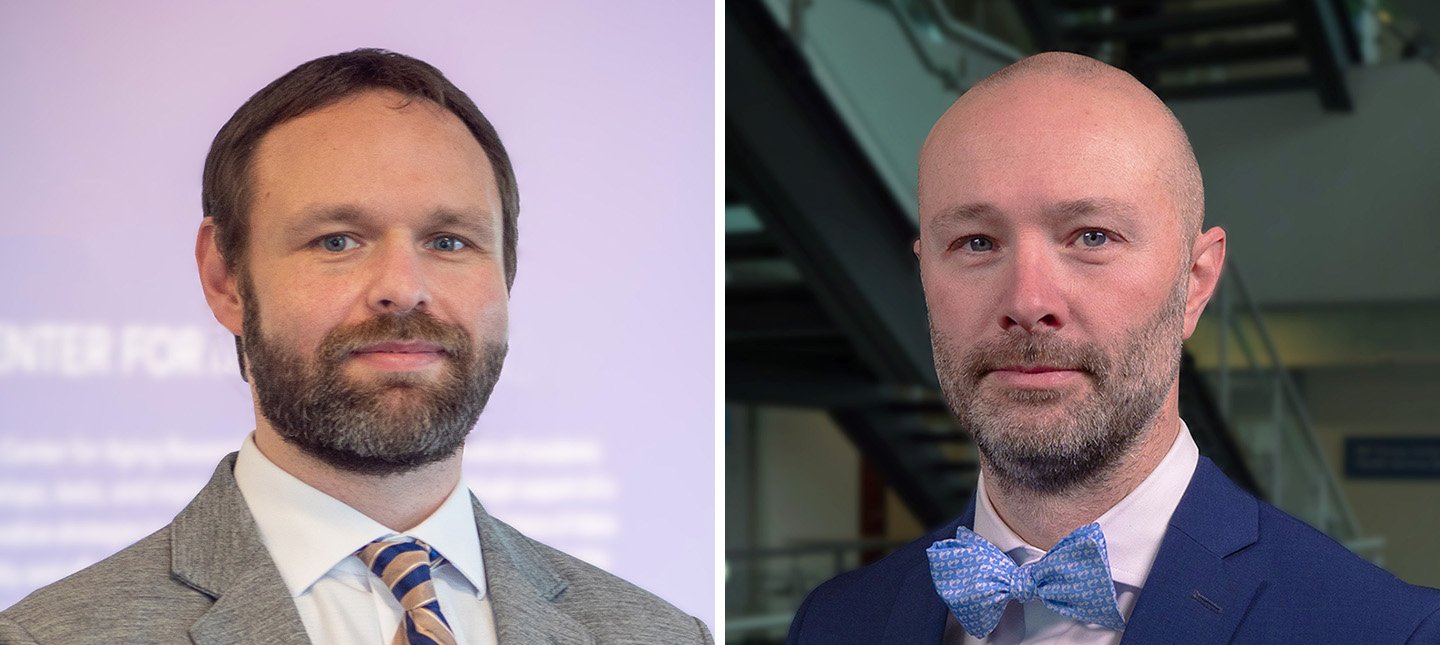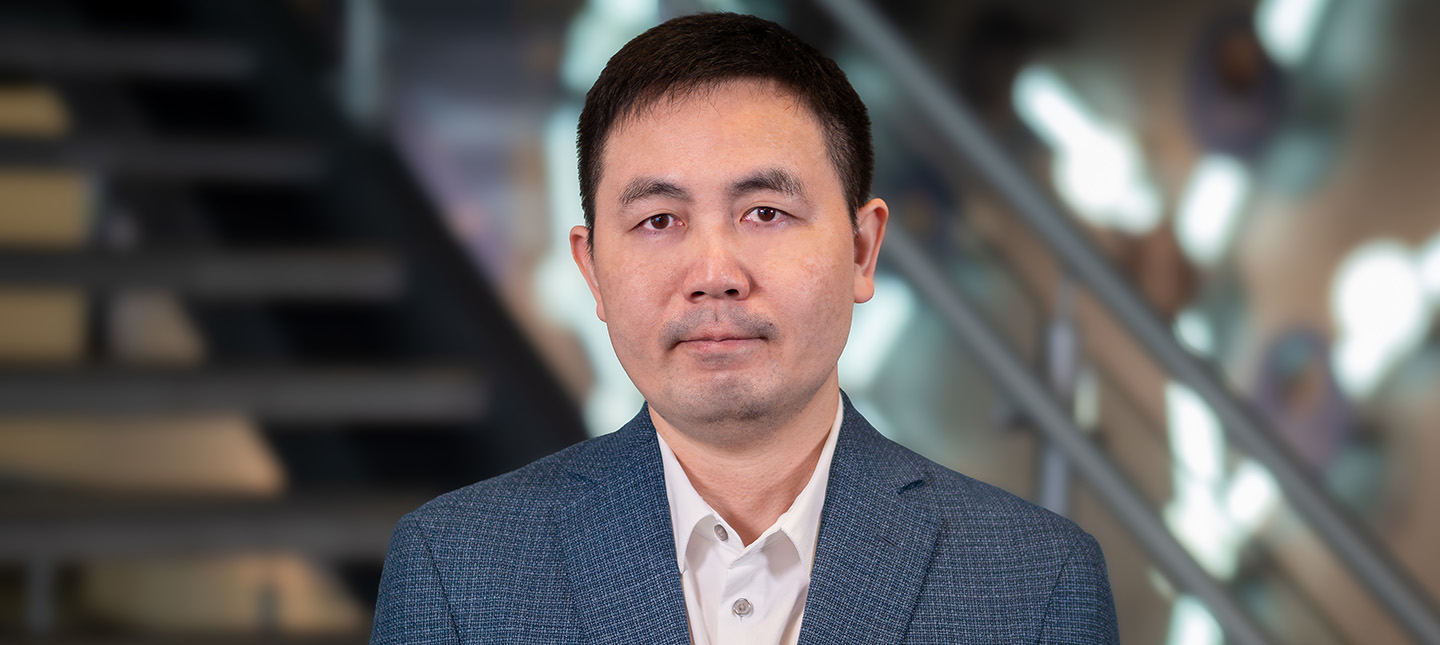Innovative methodology involves caregivers as co-designers not simply informants and includes virtual component
More than 21 million people provide unpaid care for millions of people living with dementia in the U.S. With input from caregivers, researchers from Regenstrief Institute, Indiana University, the University of Wisconsin and Purdue University are developing and testing Helping the Helpers, a user-centered, evidence-based app to support dementia caregivers as they help manage medications — very often multiple drugs for various conditions — of individuals who cannot do so independently.
In one of the first studies leveraging app-based information technology to help caregivers with medication management for individuals living with dementia, and with the goal of sharing their research with others who are developing or adapting technology to help caregivers, the Regenstrief, IU, Wisconsin and Purdue research scientists have published their gold standard methodology related to:
- Remote assessment of the needs of caregivers who manage medications for people with dementia.
- Co-design, including input from caregivers, of a prototype app to support caregiver-assisted medication.
- Feasibility testing of the prototype app.
Among other innovations, the researchers added a virtual component to contextual inquiry to learn what caregivers go through during the day as they tackle medication management.
“We want to know what’s going on,” said study corresponding author Richard Holden, PhD, M.S., a human factors engineer, social cognitive psychologist and implementation scientist. “So we ask participants to record what they are going through during the day related to medication management and send something to us twice a day. It can be a photo, a video, an audio file or a written memo. It might be a photo of the large number of medications that have to be managed. It might be a video of a patient refusing to take medications. We analyze this input and it’s an important component of our participatory co-design with caregivers’ innovation.”
Managing the medications for individuals with dementia is often confusing, time consuming and difficult, especially if the cognitively impaired patient is resistant, belligerent or both. Caregivers, many of whom have other responsibilities inside or outside the home, are typically under-trained, under-resourced and under-supported in their role as medication manager. This can lead to significant caregiver burden, stress and potentially mistakes which might be life threatening to the individual with Alzheimer’s or related dementia.
“My family and I understand the daunting challenges of caring for someone with dementia. My mother and brother are the primary caregivers for my father, and I am a remote ‘tele-caregiver.’ We know that caregivers need support,” said Dr. Holden. “As the U.S. population ages, the need for user-centered support for caregivers, like our Helping the Helpers app, becomes even more necessary. My colleagues and I are presenting the methodology of our study in this paper so other researchers and developers will have access to the innovative methods framework we devised to produce technology meeting the needs of the intended end users – actual caregivers.”
According to the Alzheimer’s Association, an estimated 6.5 million Americans age 65 and older are living with Alzheimer’s dementia in 2022. That number is predicted to rise to an estimated 7.2 million in 2025 and is projected to reach 13.8 million in 2060, barring the development of any medical breakthroughs to prevent, slow or cure Alzheimer’s.
“There are countless numbers of medication management apps currently available that support a variety of tasks, but very few are developed and designed for caregivers with specific attention to caregiver needs,” said Noll Campbell, PharmD, M.S., of Regenstrief Institute and Purdue University College of Pharmacy.
The Helping the Helpers paper concludes, “Ultimately, if successful, our IT (information technology) intervention should be useable and acceptable to a range of users across the U.S, who could benefit immediately from IT without directly or indirectly incurring the costs associated with clinician-intensive treatments.”
“Helping the Helpers – A research protocol for user-centered technology to aid caregiver management of medications for people with Alzheimer’s disease and related dementias” is published in the peer-reviewed journal, Research in Social and Administrative Pharmacy.
In addition to Drs. Holden and Campbell, authors of the paper are Nicole E. Werner, PhD, University of Wisconsin-Madison; Malaz Boustani, M.D., MPH, Regenstrief and IU School of Medicine; and Aaron Ganci, MFA, IUPUI’s Herron School of Art and Design. Dr. Werner will join the IUSPH-Bloomington faculty in August of 2022.
The study was supported by the National Institutes of Health’s National Institute on Aging, grant 1R21AG072418.
About Richard Holden, PhD, M.S.
In addition to his role as a research scientist at Regenstrief Institute, Richard J. Holden, PhD, M.S., is the Dean’s Eminent Scholar, professor and inaugural chair of the Department of Health & Wellness Design at Indiana University School of Public Health-Bloomington, a professor of medicine at IU School of Medicine and chief healthcare engineer for the Center for Health Innovation and Implementation Science.
About Noll Campbell, PharmD, M.S.
In addition to his role as a research scientist at Regenstrief Institute, Noll Campbell, PharmD, M.S., is an assistant professor of pharmacy practice at the Purdue University College of Pharmacy and an adjunct assistant professor of medicine at IU School of Medicine.
About Regenstrief Institute
Founded in 1969 in Indianapolis, Regenstrief Institute is a local, national and global leader dedicated to a world where better information empowers people to end disease and realize true health. A key research partner to Indiana University, Regenstrief and its research scientists are responsible for a growing number of major healthcare innovations and studies. Examples range from the development of global health information technology standards that enable the use and interoperability of electronic health records to improving patient-physician communications, to creating models of care that inform practice and improve the lives of patients around the globe.
Sam Regenstrief, a nationally successful entrepreneur from Connersville, Indiana, founded the institute with the goal of making healthcare more efficient and accessible for everyone. His vision continues to guide the institute’s research mission.
About Indiana University School of Public Health-Bloomington
IU School of Public Health-Bloomington (SPH-B) is one of the largest schools of public health in the United States, offering top-ranked programs in a wide range of health-related fields. Accredited by the Council on Education for Public Health (CEPH), the school aims to promote health among individuals in Indiana, the nation, and the world through integrated multidisciplinary approaches to research and creative activities, teaching, and community engagement.
About Purdue University College of Pharmacy
The mission of the Purdue University College of Pharmacy is to advance scientific discovery and development, maximize global health outcomes through patient care and public service, and educate and train students to become leading pharmacists and scientists. The goal is to transform the practice and science of pharmacy to lead advances in human health.
About IU School of Medicine
IU School of Medicine is the largest medical school in the U.S. and is annually ranked among the top medical schools in the nation by U.S. News & World Report. The school offers high-quality medical education, access to leading medical research and rich campus life in nine Indiana cities, including rural and urban locations consistently recognized for livability.









